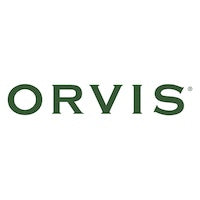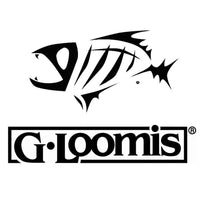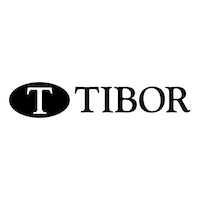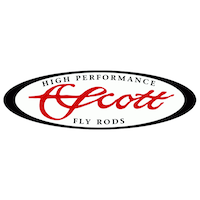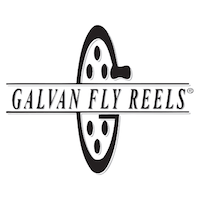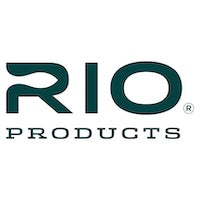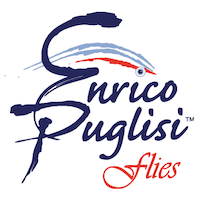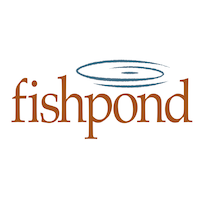How Can I Learn?

Fly fishing has gained a reputation as a complex sport that is very difficult and time consuming to learn. Unless you’ve spent time around fly fishers or reading fly fishing literature, much of the equipment and many of the techniques will probably be unfamiliar to you, but the sport is not nearly as difficult as you might think. With good equipment, proper instruction and a little practice you can be catching fish in no time.
While much how-to information is available in online and in books and videos, a little time spent with a good instructor when you’re starting out will put you way ahead of the curve. You will want to find someone who has some experience with instruction, who enjoys teaching others and who does the kind of fishing in which you are interested. A little time spent with an instructor will quickly move you out of the ranks of the beginner and prepare you to go out and perfect your skills on your own.
Equipment
Before you can become proficient at fly fishing you will need to get some basic equipment. At a minimum you will need a matching rod, reel and line, as well as backing, a leader, and several flies. A good quality setup will make your experience many times more successful and enjoyable. Countless would-be fly fishers have been frustrated and given up for good after trying to learn on equipment that wasn’t up to the task. You will want to have an understanding of how your equipment fits together and know the knots that are used to attach the various pieces. A good knot book or a book on learning to fly fish will have the information you need. When people come into our shop wanting to learn how to fly fish, we always suggest that they take an introductory lesson before buying equipment. If you are a complete beginner, taking a lesson before buying will give you some idea of whether or not you will enjoy fly fishing and will make you better able to choose well when it comes time to buy equipment.
Learning to Cast
The cast is the basis of all fly fishing. There is instruction available on virtually all aspects of fly fishing, but as no fish can be caught unless your fly gets to where it needs to be, the cast is the logical place to begin. Many of the skills you will want to perfect can be readily learned through reading, watching videos and spending and time on the water, but the cast is one area in which get some instruction will really help. A good instructor will probably start out by explaining the function of each piece of equipment (rod, reel, line, leader etc.) and the mechanics behind the cast and then will move on to practical instruction. You will want to learn the basic cast and the roll cast and will probably touch on a few more advanced techniques that will be useful in nearby waters.
On-the-Water Skills

The next step after getting your cast down is to work on what to do once your fly hits the water. This includes enticing a fish to eat then hooking, playing and landing the fish. You will also need to learn some other on-the-water skills, such as choosing the right fly, finding fish, and getting set up for a cast. You can try this on your own but will have a much easier time if you go fishing with an instructor or a friend who is a proficient fly fisher and can spend some time with you. The best places to learn offer easy access and a bunch of small to medium sized fish that aren’t shy about eating your fly. You will quickly get the feel for what you should be doing as soon as you’ve caught a couple fish.
Finding an Instructor
Personal instruction is most important when you are starting out, but all of us, no matter how advanced we may be, can benefit from an occasional lesson or bit of advice from someone more skilled than ourselves in a particular aspect of fly fishing. Most fly shops, including Orlando Outfitters, offer incstruction and should be able to tailor your lessons to exactly what you need. Local and national fly fishing oriented clubs often offer instruction or keep a list of instructors arranged by geographic area.
Fishing with a guide is a great way to improve your skills and explore new water while (hopefully) catching some nice fish. Many fly fishing guides will offer private instruction if asked, and at a minimum, can give you some pointers during a normal day of guiding. Full-time guides spend a large portion of their lives on the water. Most are expert anglers and have seen and can recognize pretty much every fly fishing error known to man. They are used to helping clients improve their skills, and are generally very patient. Guides expect to give a little bit of instruction but if you’re a complete beginner or are expecting more than just a little help make sure the guide knows this before you book him or her.
While it is definitely preferable to learn the basics of fly fishing from an instructor, as you advance you will find an incredible amount of excellent information available online as well as in the many books, magazines and videos on fly fishing. We are fortunate in that many of the best fly fishers have a gift for writing. No matter what skill you would like to work on or what topic you wish to learn more about, a quick search will likely turn up plenty of information.
Once you’ve spent a little time on the basics and have a good foundation, you will be able to build up your skills and knowledge on your own. The more you learn the more you will realize how much there is to learn and experience. Fly fishing is a sport that offers endless possibilities and though you’re only a beginner for a little while, you have the opportunity to learn something new each and every time you’re on the water.

